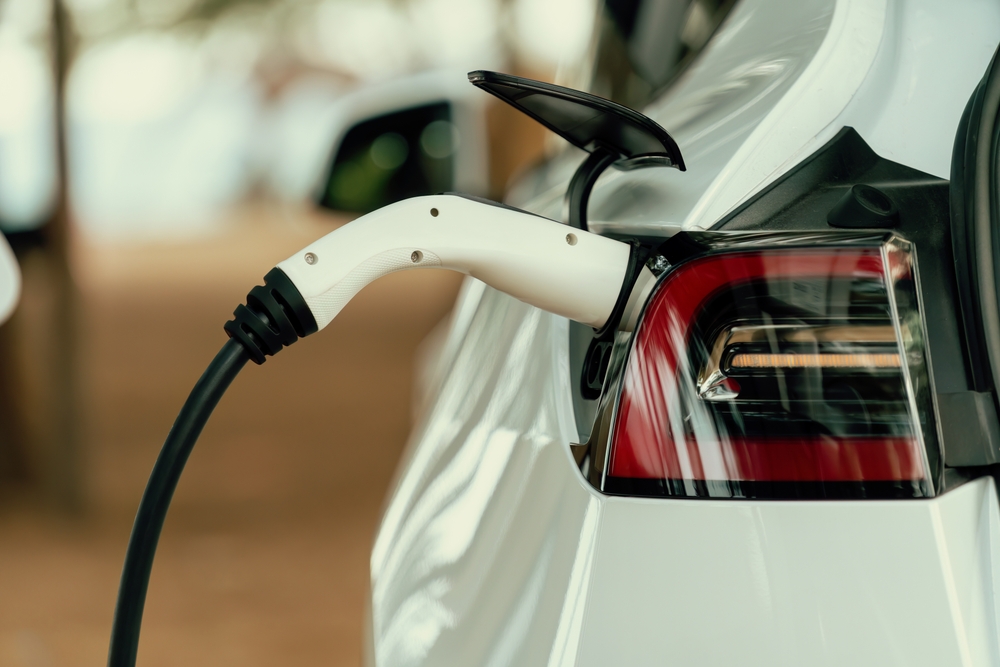A simple change in the charging process could dramatically increase the lifespan of electric car batteries.
Others are reading now
Researchers from Stanford University have found a simple yet effective way to boost the lifespan of electric car batteries — by up to 50%.
This breakthrough could help electric vehicles run longer on their original battery packs and optimize charging efficiency for drivers.
The study, reported by New Scientist, focuses on improving the performance of lithium-ion batteries, which are commonly used in electric vehicles (EVs).
According to the data, batteries in today’s electric cars lose about 1.8% of their capacity each year. At this rate, many EVs could last up to 20 years with their original batteries.
Also read
But researchers believe there’s room for improvement.
The Key to Longer Battery Life
Traditionally, new EV batteries are charged slowly and carefully in their first cycle — a process that can take up to eight hours.
This is done to ensure stability and performance.
However, Stanford’s researchers discovered that giving the battery an initial quick charge with high voltage for just 20 minutes activates more lithium ions.
This faster initial charge helps “unlock” more of the battery’s capacity and also forms a protective layer over inactive ions. The protective layer reduces long-term wear and tear, resulting in better battery performance and a longer lifespan.
Benefits for Electric Car Owners
Not only does this technique boost capacity, but it also allows the battery to charge and discharge more efficiently.
For electric car owners, this means less time waiting at charging stations and better overall performance. The research suggests that optimizing the charging process could enhance the operating economy and functionality of EVs over time, making them more practical and affordable in the long run.
This discovery opens new possibilities for the future of electric vehicles.


